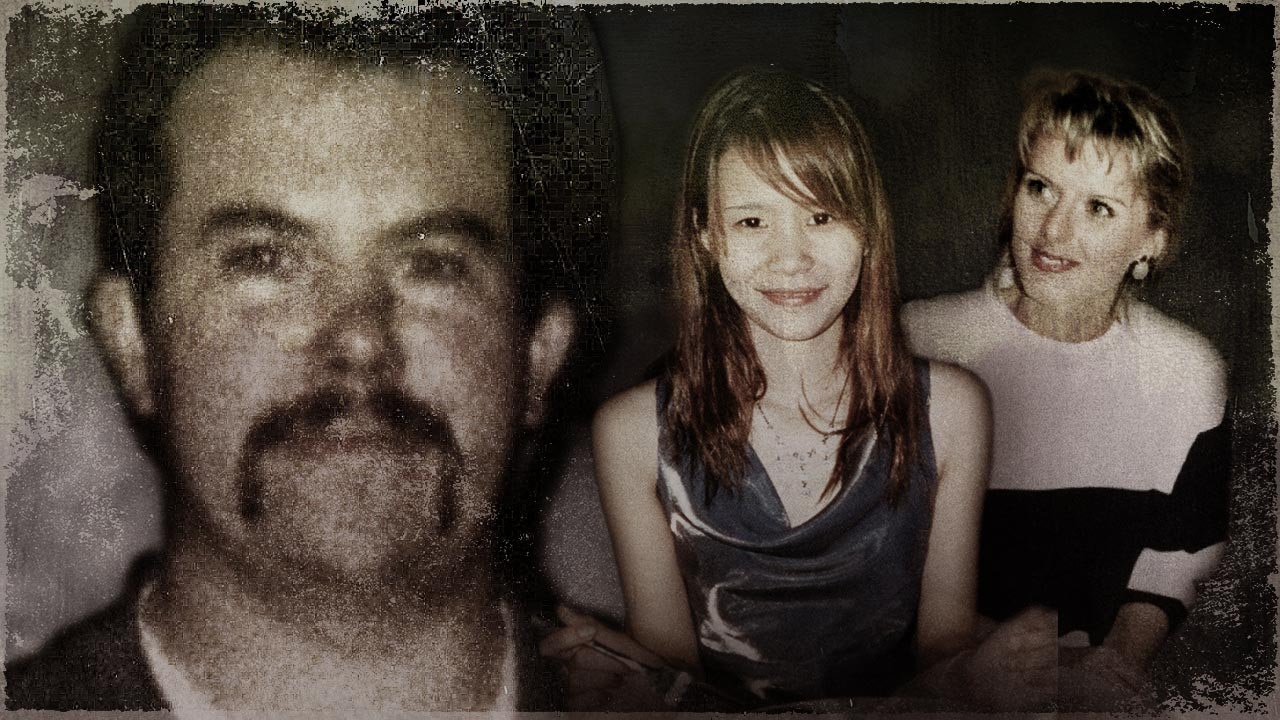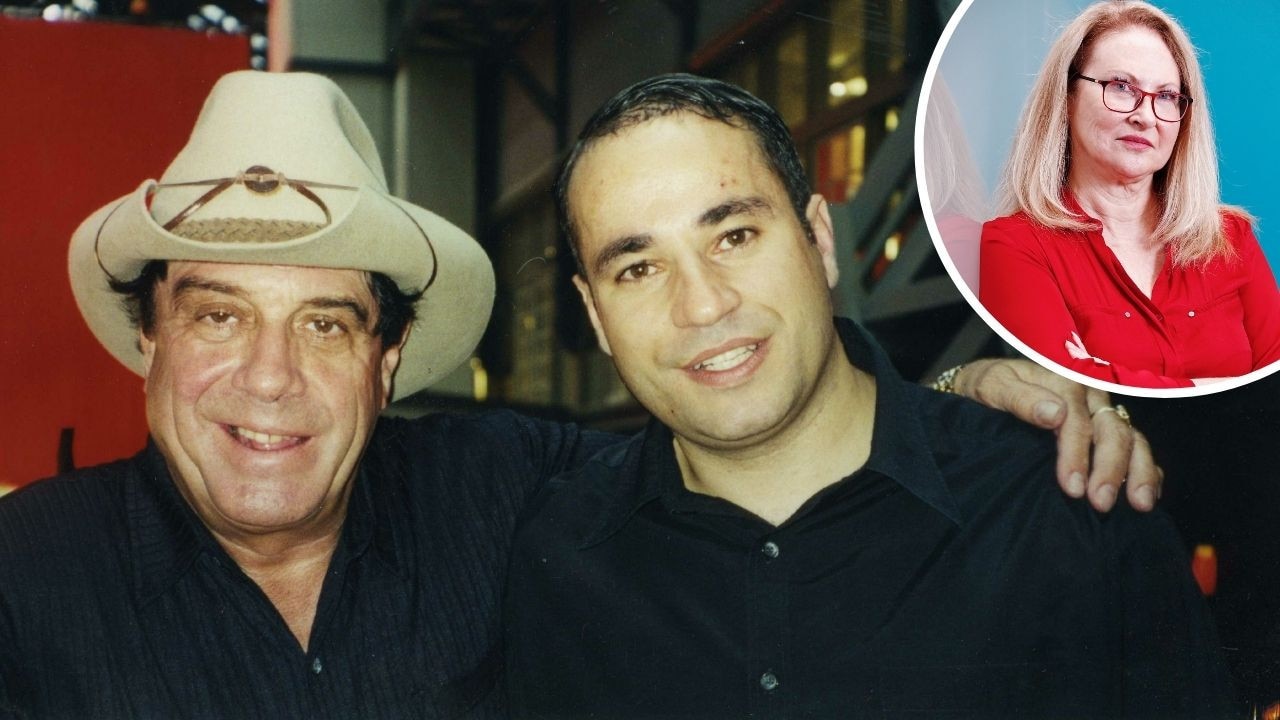Stalked and attacked: hidden crime hurting health workers
Some of Australia’s heroes who care for our sickest and most vulnerable are being targeted by a damaging crime driving them to the brink.
Twisted Minds
Don't miss out on the headlines from Twisted Minds. Followed categories will be added to My News.
They’re the frontline heroes caring for some of our sickest and most vulnerable Australians but our healthcare workers are being targeted by a hidden and damaging crime that is pushing many to breaking point.
Doctors, nurses, psychologists, psychiatrists and counsellors are more at risk from stalkers than almost any other workers – many finding the patients they once treated to life-saving care turn to become life-threatening tormentors.
And while the phenomenon is not new, the advent of social media and availability of personal information online, has seen an increase in the offence as wily stalkers are given a new playground to harass and pursue their victims.
Forensic and clinical psychologist Professor James Ogloff is one of Australia’s leading experts in stalking, having studied it since the 1980s, both through his academic work at Swinburne University and through prison assessments of some of Victoria’s most violent killers, including Adrian Bayley, the man who stalked then killed Jill Meagher.
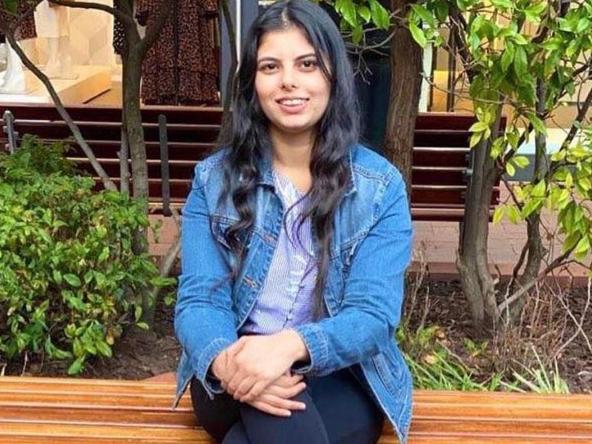
“Among health professionals it’s very common,” Prof Ogloff said.
There is no national data specific to stalking to the healthcare sector but that points to a lack of research and the concerning culture of non-reporting rather than the absence of a problem, according to University of Technology Sydney researcher, Dr Jacqui Pich.
Dr Pich is one of Australia’s leading voices against violence against nurses. Her recent survey of 3416 nurses and midwives from the NSW Nurses and Midwives’ Association found more than three-quarters (2562) experienced violence in the past six months, many noting stalking behaviours.
“We found that there was use of social media to kind of hassle staff and nurses. That their photos were being taken, that they were being filmed without their consent and mobile phones were being used a lot to get information about them.
“What they talked about was the feeling of that violence kind of extended beyond the workplace, at home. They talked about being followed to their cars, and someone knew the car they used. And one of the participants talked about ‘stalking me at my home and threats towards my family members’,” Dr Pich said.
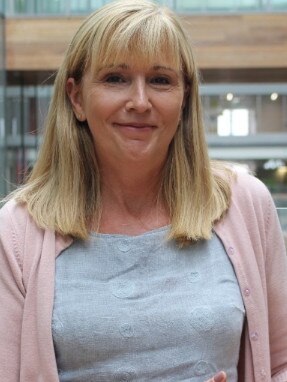
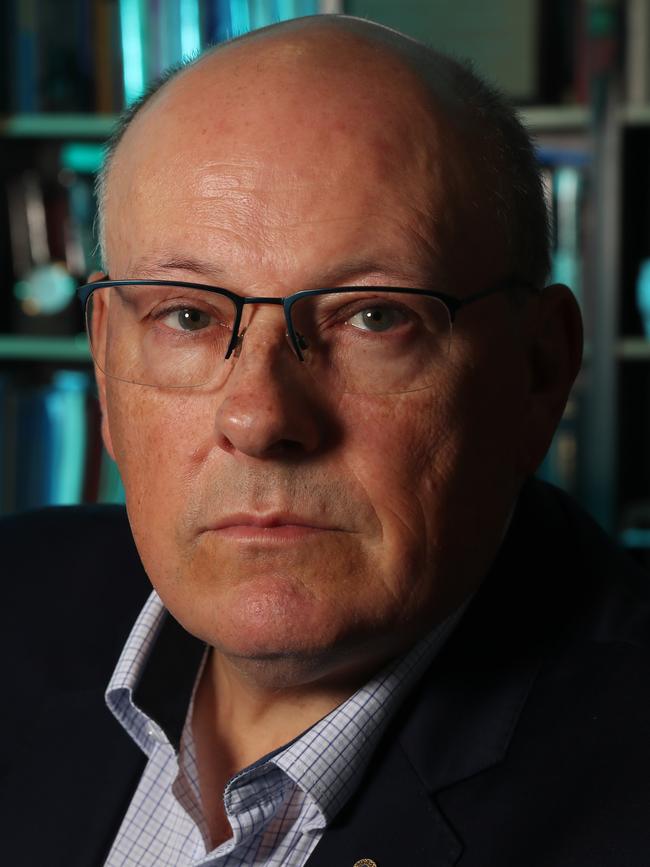
Across the nation, violence in healthcare – including acts of stalking – has been on the rise over recent years. Last year in Queensland, the soaring rate of security incidents in public hospitals resulted in health workers being issued with body-worn cameras.
Responding to the crisis in South Australia, which sees an average of 36 “code black” violent incidents occur per day, the Australian Nursing and Midwifery Foundation partnered with Crime Stoppers.
Part of the partnership included the placing of prominent signage around hospital carparks, which were the sites of a number of serious assaults in 2020 after nurses were followed off their shifts.
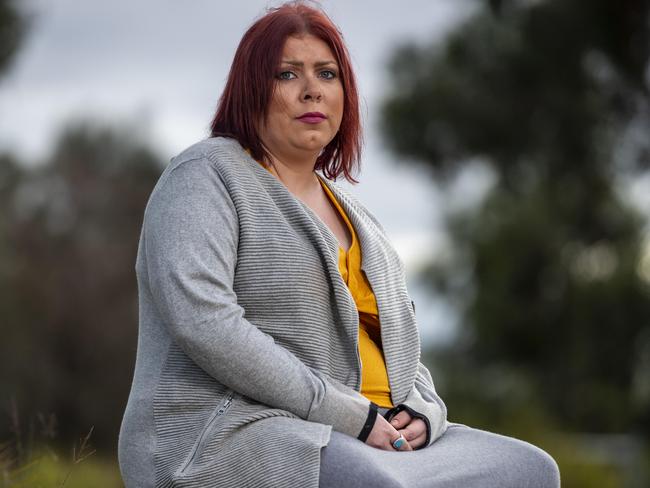
Just two months ago, the body of Adelaide nursing student Jasmeen Kaur was found in a shallow grave. Police have charged a man with murder, with a court hearing he had spent time in a mental health short stay unit earlier this year.
“Never a day goes by that we are not afraid when we leave work,” one nurse, who asked only to be known as Tay said. Tay has four decades of experience working across Queensland’s public and private sector.
“I’ve had people jump in my car on the passenger side because they follow you after you leave work, it’s an open ward. You just turn into a raging bull and yell, ‘get the f--- out of my car!’ and generally they back down.
“But I’ve never been hurt. I’ve known of girls who have been raped,” she said.
However the psychological threat is so great that Tay has four different routes that she drives home from work, in case she has been followed. She said it’s common practice among her colleagues, and that while reporting processes exist, nurses have a culture of non-reporting. “You can report it but you just get a notification that says ‘case closed’ and no one does anything so what’s the point?”
For health workers in the forensic field – where clients come with a criminal background – the issue is just as pertinent.
Of the eight forensic experts interviewed as part of new podcast serial, Twisted Minds, half reported a personal incidence of stalking.

For Professor Ogloff it came in the form of unsettling text messages.
“With one person who was stalking me, he knew some things about me, like, I follow a particular football team. They were playing one day and I happened to be at the MCG (Melbourne Cricket Ground), and I got a text saying, ‘how’s the game?’.”
Another Twisted Minds guest is Dr Karen Owen, who specialises in the treatment of sex offenders (including notorious child-killer Derek Percy). She’s also had a stalker. “Ironically it was a woman who was not a forensic client but had a serious personality disorder. To add to the irony, she was referred to me by her GP who was concerned about her obsession with another medical professional … I became aware she was sitting outside his house watching his children, resulting in his taking out an intervention order.”
The most severe stalking experienced by one of the health professionals interviewed on Twisted Minds resulted in the perpetrator spending 18 months in jail.
“He was leaving me Hannibal Lecter notes at my office, with messages made from cut-out letters from the newspaper,” the victim, who asked not to be identified, said.T
he stalking escalated with a physical battle when the perpetrator attempted to force entry to the experts’ office.
However, only the most severe cases that are prosecuted, or even reported. Several health professionals interviewed for this story noted a culture of acceptance unless a serious act of physical violence occurred.
Former nurse Asha spent six years working as a mental health nurse across psychiatric hospitals in Melbourne, and was reluctant to report her experience of stalking and repeated sexual harassment.
“I didn’t want to lose my job. Especially when you’re new and you’re young, you don’t necessarily feel comfortable enough to speak up,” she said.
Asha’s stalking experience happened on a PTSD ward, where a fixated army VET constantly followed her around the wards, requesting physical contact. “They know the rosters. He’d be waiting outside when I’d finish my shift. He knew which one my car was … I was just very vulnerable.”
Twisted Minds – the new podcast serial taking listeners inside the minds of Australia’s most dangerous criminals – launches May 31.
LISTEN | WATCH | EXPERIENCE WWW.TWISTEDMINDS.COM.AU

